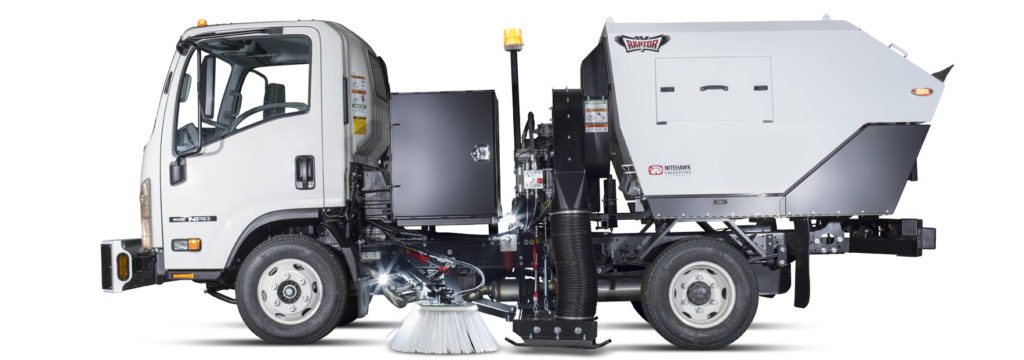How Can We Help?
 When it comes to business, I have always been fascinated with this question. Logically speaking, you would assume that giving an employee a $200 bonus in their regular paycheck would be substantially more motivating than handing him or her a crisp $100 bill. Surprisingly, this isn’t always true.
When it comes to business, I have always been fascinated with this question. Logically speaking, you would assume that giving an employee a $200 bonus in their regular paycheck would be substantially more motivating than handing him or her a crisp $100 bill. Surprisingly, this isn’t always true.
Somehow when we get that $100 in cash, it just feels different. Our logical brain gets overpowered by the immediate thrill of a tactile reward.
I often get asked questions like, “How do I incentivize my employees?” There are entire multi-billion dollar industries dedicated to addressing these types of questions.. Barrages of psychological tests, terabytes of data sets, and countless risk/reward studies go into creating incentive models that will help you get the optimal performance and results out of your employees and yourself. Most small companies, however, won’t commit enough time or resources to creating a successful incentive plan. Often they deem it cost prohibitive, or simply view it as a non-critical part of their business. The successful companies I observe, consistently dedicate the resources to creating comprehensive “Win-Win” plans that support company growth, employee retention, improved work environments, and ultimately improved profitability.
Whether your business is large or small, there are a few valuable tips I have found that will help efficiently and strategically run your business. The old adage “know your audience” holds true for incentive strategies. Often overlooked, is the fact that motivation for one group of employees may be completely different than the motivation for another group. Understanding and identifying those motivations are critical.
For instance, we traditionally think of salespeople as “hunters” who tend to prioritize achievement, power and money above other needs. Information from a leading global compensation firm shows that variable pay for sales (aka commissions) as a percentage to total compensation was 38% for high performing firms versus 27% for low performing firms. *citation This illustrates that sales people performed better when their pay was largely variable and tied to performance. Gathered data supports the theory that these individuals presumably have a higher “risk / reward tolerance”.
Operational personnel, however, may respond higher to affiliation incentives. Although the monetary incentive is always a key factor, events like company parties and public performance recognition showing company appreciation may go a long way in providing additional motivation. Motivating factors for financial employees may fall somewhere in between. Security may be valued above all else. Emphasizing long term security benefits like 401k plans or health insurance may be the right incentives that push see a good controller to achieve greatness.
There are many different types of compensation plans, so be creative. Profit sharing, success sharing, gain sharing, discretionary, targeted, short term, long term, etc., may all have a place in your company incentive plan. One specific approach may not fit your company perfectly but a well-rounded incentive strategy may contain a combination. At NiteHawk we employ a variety of different incentives – including monetary bonuses, monthly “BBQ Day” and last year’s Christmas Whirly Ball Party where we gave out gift cards and goofy awards. In California our friends at Bill’s Sweeping organized a team building activity where they demonstrated how sweepers do the “Harlem Shake!”
In conclusion, don’t overlook the value of a comprehensive incentive plan to the success of your business. Invest the time to understand who your employees are, and why they do what they do. Then dedicate the time to design and implement a creative incentive plan that supports the goals, culture, and vision of your business.
Always remember the great motivator Yoda, “Do or do not. There is no try!”
